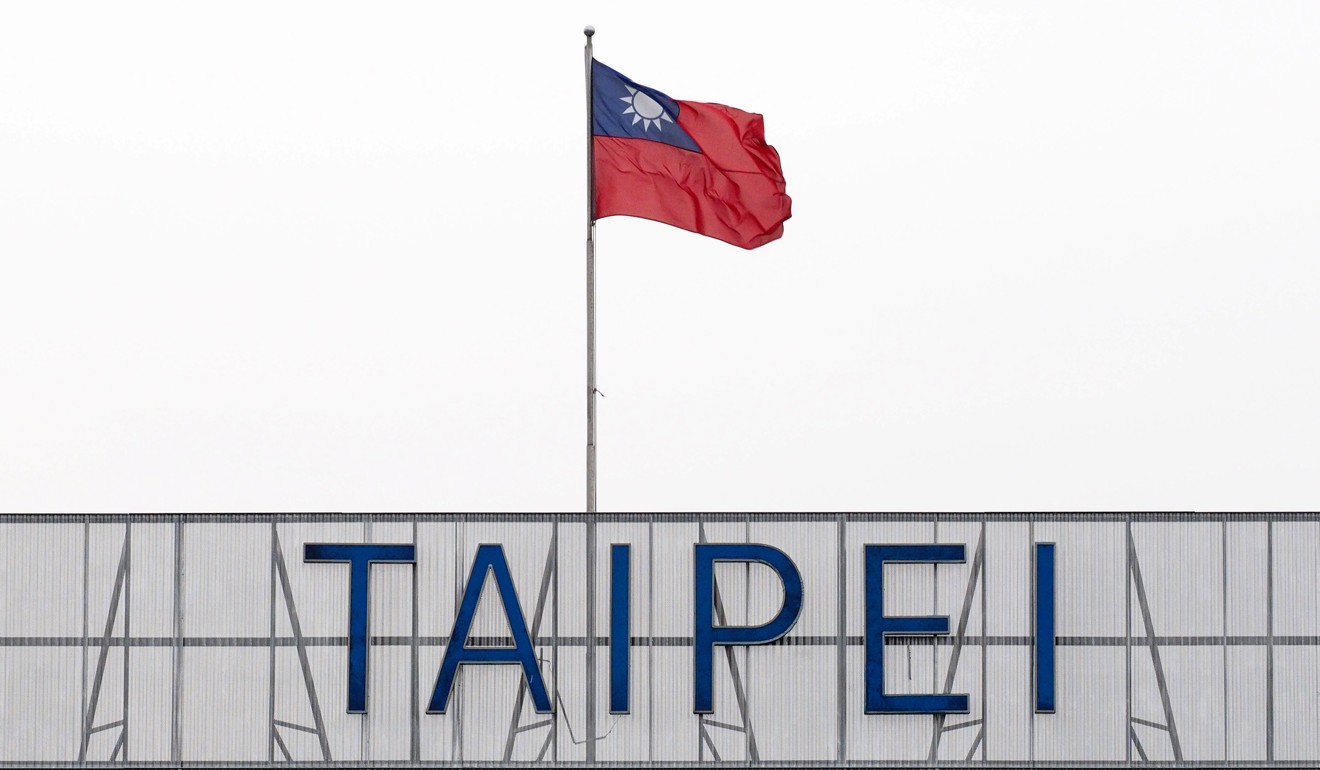
It’s time to stop forcing Taiwanese athletes to play politics with China and vice versa
- CrossFit athlete Hung Tsai-jui the latest to be affected in ongoing geopolitical issue
- Even the IOC has gotten involved, warning Taiwan not to change its name from ‘Chinese Taipei’
Taiwan sits in an ambiguous, vague state of subdued geopolitical tension with the mainland. Matters have reached a stalemate, as full on independence seems highly unlikely, and China does not appear to want to wage an unprovoked war due to the negative impact that would have on the its international relations.
Thus, the status quo, remains in place in an odd, undefinable holding pattern.
Where things get complicated pertaining to sports is according to the International Olympic Committee, Taiwanese athletes must compete under the overtly and purposely ambiguous “Chinese Taipei” banner. The name has its birth in the 1979 Nagoya Resolution, and encompasses a wide variety of international events including the Olympic Games, International Tennis Federation matches, Fifa and even the Little League World Series.
The latest in a long line of controversies surrounding this is CrossFit country winner Hung Tsai-jui.
This year, CrossFit Inc. did away with regional qualifiers as a way to reach the CrossFit Games. It also decided it would crown “country representatives” when it comes to the CrossFit Open: a five-week workout challenge where entrants record themselves completing various challenges.

It’s tough to fault CrossFit in drawing their country lines (they put Hong Kong and Taiwan in with China) and I’m fairly certain there was no malicious intent on their part.
But in asking Hung, 26, to raise funds to head to Madison, Wisconsin this summer for the 2019 CrossFit Games in August, only to be announced as a representative from China, is a tough sell.
When asked, Hung said she would “proudly” tell people she is from Taiwan (officially called the Republic of China), and I don’t think anyone can blame her. Taiwanese people for the most part do not support outright independence according to a recent Taiwan National Security Survey poll, which was conducted after the last election in which the “independence leaning” Democratic Progressive Party took a serious drubbing.
However, what Taiwanese people call themselves is an even trickier task to unpack.
A recent survey asked random people living in Taiwan how they identify. The poll used two methods: a fixed choice and allocation on a scale.

The results? Basically it’s safe to say you may get an entirely different answer from every single person you question, however there is one clear sight line: that with each passing generation, more and more people on the island, young people in particular, identify as Taiwanese and not Chinese.
Hung’s story is one side of an issue that gets even more prickly on the mainland at times.
Last fall, female Chinese golfers, including Feng Shanshan, pulled out of an LPGA event in Taipei, largely believed to be a power move by politicians in Beijing. Forget playing under a weird name designed to be oddly innocuous, how about not playing at all?
The IOC hasn’t been much help either, issuing a warning to Taiwan that if it drops Chinese Taipei, it could be dropped from international competition, clearly siding with Beijing. Taiwan, in turn, held a referendum on the issue, one of 10 questions posed to residents alongside local elections.

Not changing the name from Chinese Taipei won out with a slim 54 to 45 per cent win, further compounding an issue that has become an odd, subtle quagmire of political tension on the tiny island which appears to have no clear resolution in sight.
We ask a lot of our athletes. We ask them to dedicate their lives to their discipline, spend every waking hour geared towards training to be the best they can be. We praise them, showering them with adulation when they win, and tend to forget about them when they lose. Their careers are glaringly finite, and decades of training and competing can hinge around one day and one singular performance.
In asking them to play politics as well, are we crossing the line? Regardless of the flag they wear on their jersey or the national anthem they sing with hand over heart, they are no less extraordinary. We need to continue to find ways to leave the state of affairs on the sidelines.
However, if the Taiwan question is any indication, how we do that is anyone’s guess.

